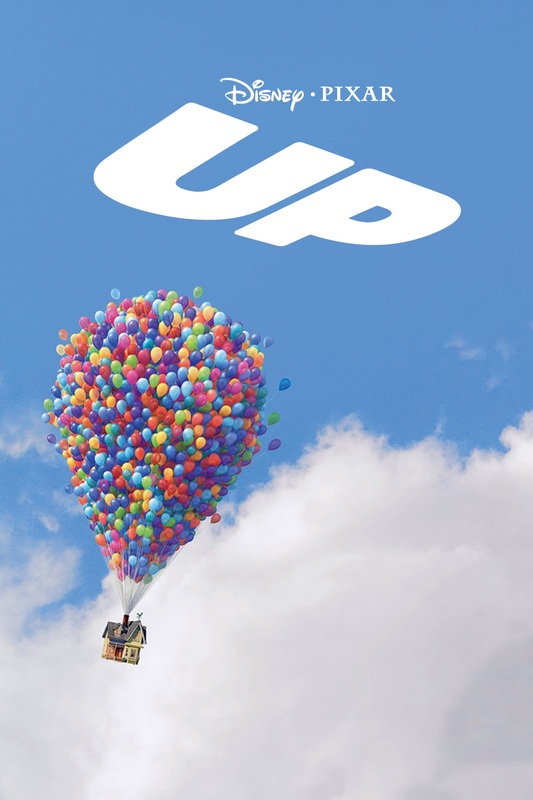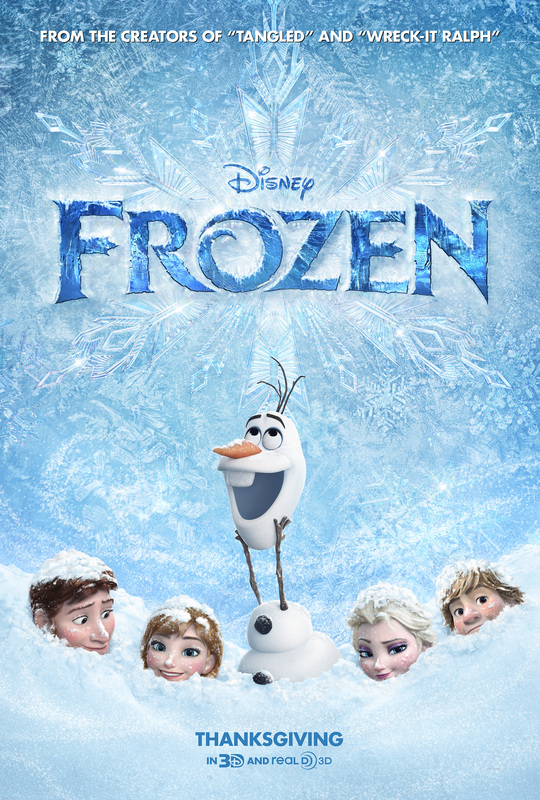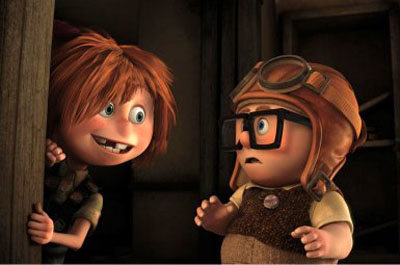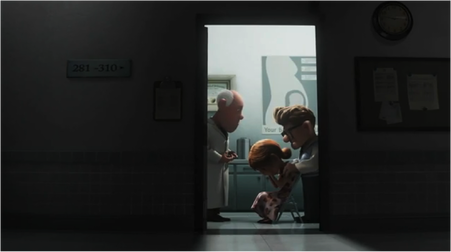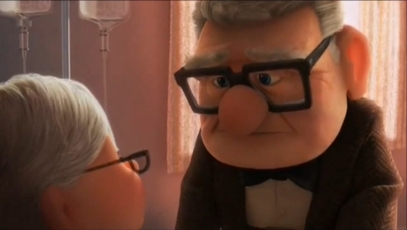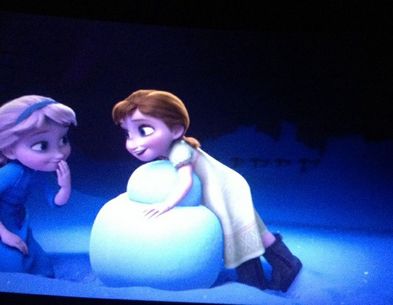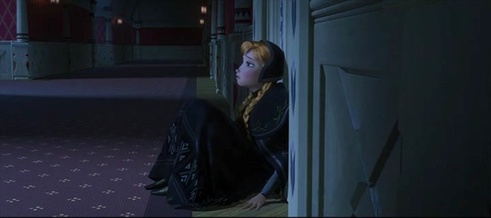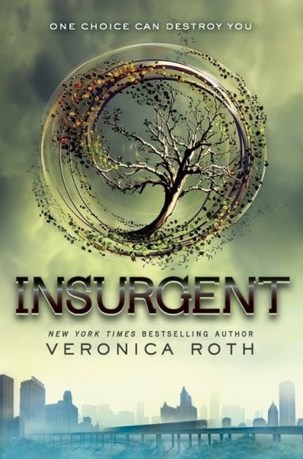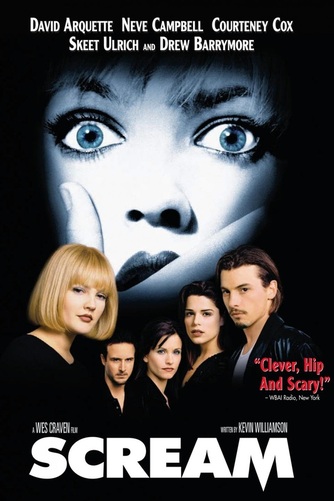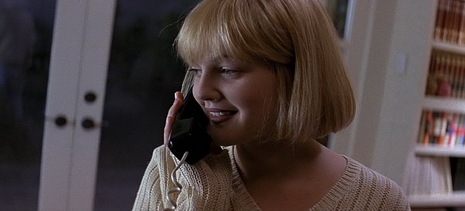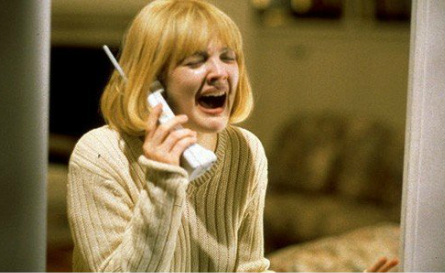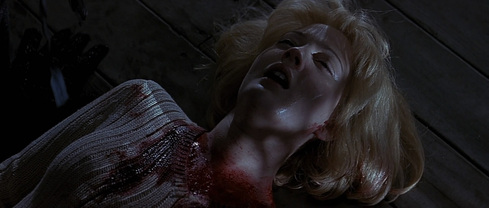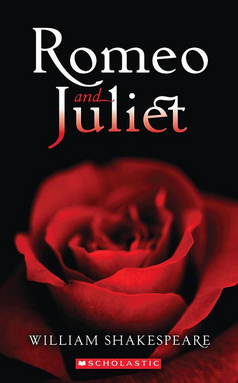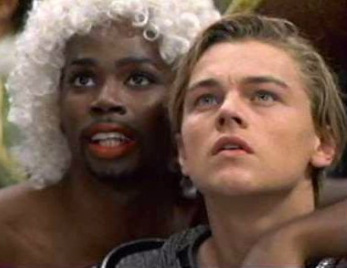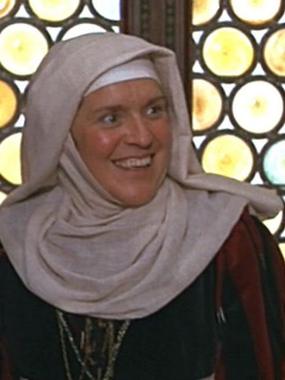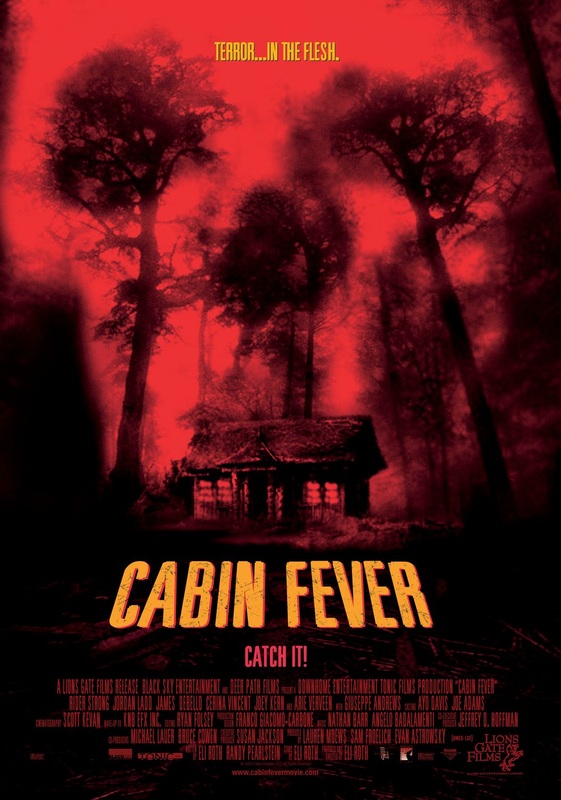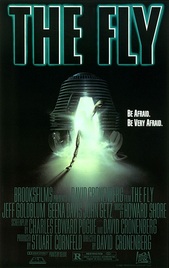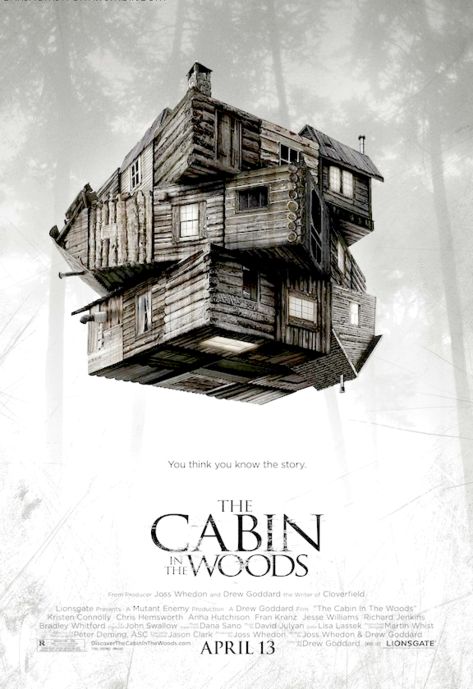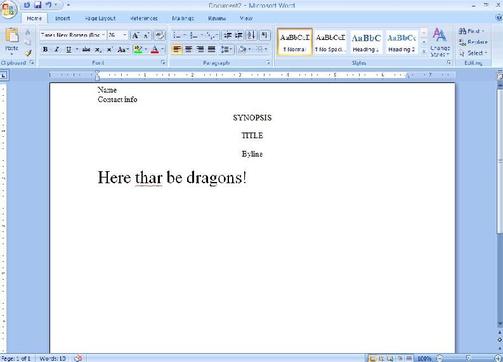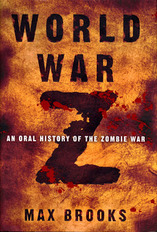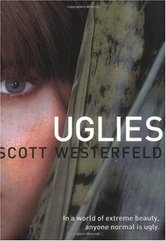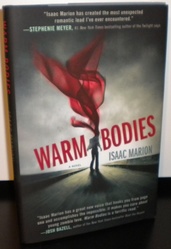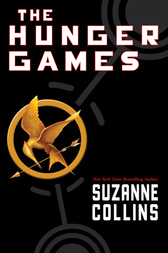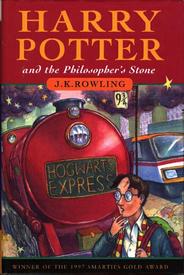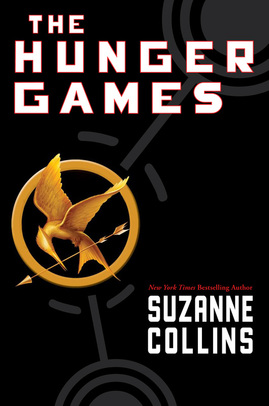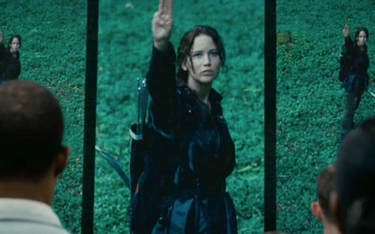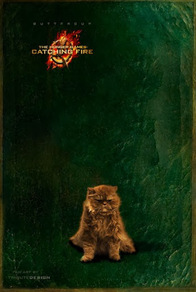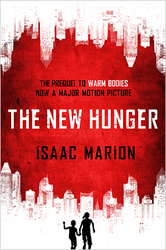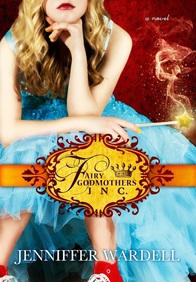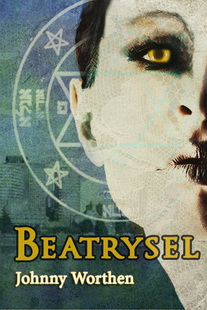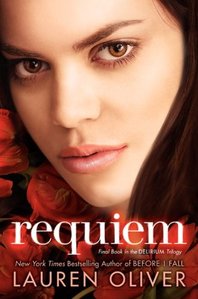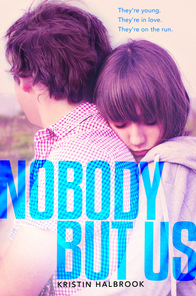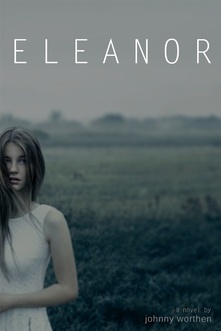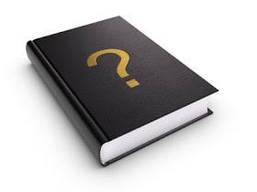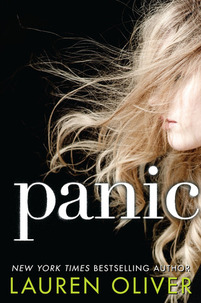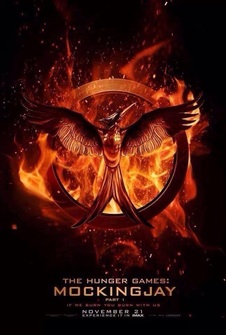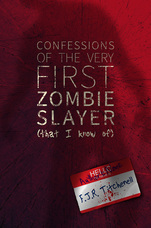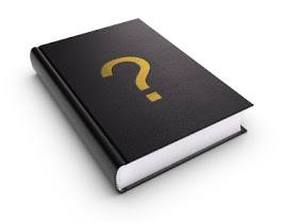Yeah, we've got a tie in the top spot this month. I couldn't give them whole separate entries, because they're so similar in what makes them special, but I simply couldn't choose either.
If you haven't seen them, here's how they go:
Up starts us off in the childhood of Carl Fredricksen, the cranky old man of the main timeline of the story.
Then we get a wordless musical montage that could have been one hell of a short in its own right of the two of them growing up and growing old together.
They get married, decorate their first house with a cute little nursery...
Just like that, we know him, we know why he wants to fly his house to South America (the big adventure spot he and Ellie never made it to), and a character who could have come off as nothing but an unpleasant and crazy old man is already loveable.
In Frozen, we start with the two sisters, Elsa and Anna, as children, playing with Elsa's winter magic.
Then, because this one's a musical, instead of a regular montage, we get a full musical number, "Do You Want To Build a Snowman?", in which Anna tries to coax Elsa out of her room over and over as they grow up apart, going from a restless kid sister missing her only playmate, to a teenager whose parents have just died, desperate to reach out to her only remaining family.
Okay, on to some analysis, before I start crying again.
Obviously, they're both gorgeous mini-tearjerkers, which I love, and which Disney/Pixar does like no one else. They also both set up the essentials of backstory more efficiently and organically and with a heavier impact than could be done through snippets of later dialogue, and then get us right to the here and now story.
And as a novelist, they both make me jealous.
That's right, they both commit the cinematic equivalent of that cardinal sin, a flashback in the first chapter, and they both pull it off beautifully.
Was this device just ruined for novelists by excessive incompetent use? Maybe. I've read plenty of awful examples, but on the other hand, we don't meet school aged Harry Potter until the second chapter of the series and are none the worse for it.
Is it inherently harder to do well in a book? That may be too. It notoriously takes less time to convey story essentials onscreen, eating up less attention span.
In any case, these openings will always fascinate me as that special trick never to be attempted.
Agree? Disagree? Comments are always welcome! Or keep up with my fictional musings by joining me on Facebook, on Twitter, or by signing up for email updates in the panel on the right!
